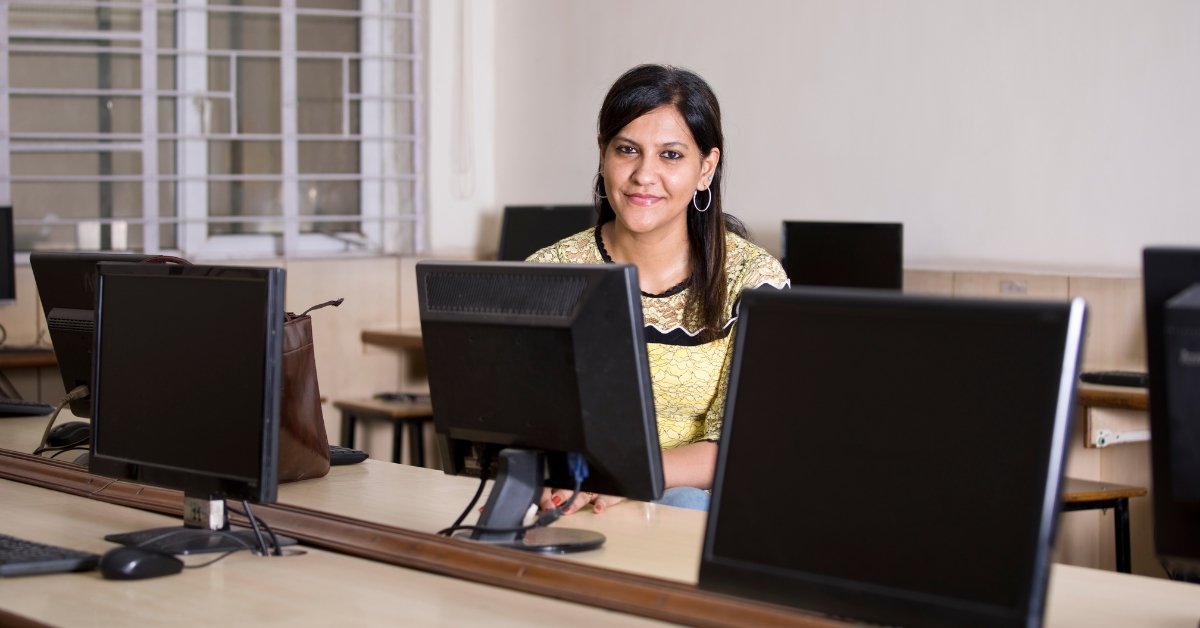This step-by-step guide will help you become a teacher in India. It will also provide information on qualifications, exams, and career growth opportunities for aspiring educators.
Table Of Contents
Introduction
Becoming a teacher in India is more than a career choice; it is a mission to shape young minds and contribute to society’s growth.
Teachers play a critical role in developing students’ academic, emotional, and social foundations.
If you aspire to inspire, guide, and educate, this guide is your roadmap.
From meeting qualifications to landing your first job, this step-by-step guide will walk you through everything you need to know about becoming a teacher in India in 2024.
Choosing Your Teaching Level And Subject
Your first step is to decide the teaching level and subject you wish to specialize in.
Primary school teachers often focus on foundational subjects like language, math, and basic sciences.
Upper primary teachers handle slightly advanced subjects, such as history or geography, while secondary and higher secondary teachers delve deeper into physics, economics, or literature.
This decision depends on your passion and expertise.
For instance, primary teaching might be your calling if you love working with young children and enjoy nurturing their curiosity.
On the other hand, if you excel in a specific subject, you may prefer teaching older students who require more specialized knowledge.
Meeting The Educational Qualifications
The qualifications required to become a teacher vary depending on the level of education.
Programs like Diploma in Elementary Education (D.El.Ed) or Bachelor of Elementary Education (B.El.Ed) are essential for primary teachers.
Upper primary and secondary teachers must hold a Bachelor’s degree in their subject and a Bachelor of Education (B.Ed).
If you aim to teach higher secondary students, you must have a Master’s degree in your chosen subject and a B.Ed.
These qualifications ensure that teachers are well-prepared to deliver quality education and manage diverse classrooms effectively.
Completing Teacher Training Programs
Teacher training programs are designed to equip aspiring teachers with the skills they need to create engaging and effective learning environments.
The Bachelor of Education (B.Ed) is widespread. It offers a two-year curriculum focused on teaching methodologies, classroom management, and child development.
The Diploma in Elementary Education (D.El.Ed) is an excellent option for primary education students.
These programs provide hands-on experience through internships and practical teaching sessions, allowing future teachers to gain confidence before entering a classroom.
Clearing Teacher Eligibility Exams
Passing eligibility exams is a must to work in government schools in India.
The Central Teacher Eligibility Test (CTET), conducted by the CBSE, is essential for teaching in central government schools like Kendriya Vidyalayas.
Similarly, state teacher eligibility tests (TETs) are conducted by state governments to determine teaching positions in state-run schools.
For those aiming to teach in colleges or universities, clearing the National Eligibility Test (NET) or State Eligibility Test (SET) after completing a Master’s degree is necessary.
These exams assess your teaching aptitude and subject knowledge, ensuring only qualified candidates enter the profession.
Gaining Classroom Experience Through Internships
Experience is the best teacher, and this is especially true for aspiring educators.
Many teacher training programs include internships that allow trainees to observe and teach in real classrooms under supervision.
These internships provide invaluable insights into classroom dynamics, lesson planning, and student engagement.
Volunteering with community schools or NGOs is another excellent way to gain hands-on experience while making a meaningful contribution to society.
Applying For Teaching Jobs
Once you have met the qualifications and gained experience, it is time to apply for teaching positions.
Government schools typically announce vacancies through official state or central education boards.
Keep an eye on these notifications and prepare for competitive exams.
Private schools often have a more direct hiring process.
You can submit your resume and cover letter to schools or use job portals like Naukri, Shine, or Indeed.
With the rise of online education, many ed-tech companies like Byju’s and Unacademy are hiring teachers for digital learning roles, offering flexibility and innovative teaching opportunities.
Preparing For Interviews and Demo Classes
Securing a teaching position often involves an interview and a demonstration class.
The interview focuses on your qualifications, teaching philosophy, and classroom management strategies.
Be prepared to discuss your approach to engaging students and handling challenges.
For the demo class, create a concise and interactive lesson plan that showcases your ability to simplify complex concepts and maintain student interest.
Practicing your session with peers or mentors can help refine your delivery.
Pursuing Continuous Professional Development
Education is an ever-evolving field; staying updated with the latest trends is crucial for every teacher.
Attending workshops, seminars, and professional development programs can help you enhance your teaching techniques and stay informed about new curriculum changes.
Online platforms like Coursera and Udemy offer specialized courses for teachers, focusing on areas such as digital tools for teaching, inclusive education, and advanced pedagogy.
Continuous learning improves your skills and opens doors to career growth.
Exploring Career Growth Opportunities
Teaching offers numerous pathways for professional growth.
You can transition into administrative roles such as principal or academic coordinator.
Alternatively, you might specialize in special education, working with children with unique needs, or pursue international teaching opportunities by obtaining certifications like TEFL (Teaching English as a Foreign Language).
The teaching profession also allows for lateral growth, with roles in curriculum development, educational consulting, and even ed-tech companies.
These opportunities provide avenues to expand your expertise while contributing to the broader field of education.
The Rewarding Journey Of Teaching
Teaching is more than a job—it is a commitment to nurturing future generations.
As a teacher, you will be privileged to shape young minds, foster critical thinking, and inspire lifelong learning.
While the journey requires dedication and continuous improvement, the rewards are unparalleled.
Whether you guide toddlers through their first steps in learning or mentor teenagers as they prepare for their futures, your impact as a teacher will extend far beyond the classroom.
Conclusion
Becoming a teacher in India is a journey of growth, learning, and making a difference.
By acquiring the right qualifications, gaining practical experience, and staying committed to professional development, you can build a fulfilling career in education.
Are you ready to embark on this meaningful path?
The classroom is waiting for you to inspire and be inspired!
Trivia
Did you know that India’s education sector is expected to grow by 12% annually, increasing demand for skilled teachers in various fields?






